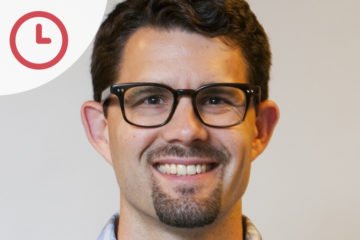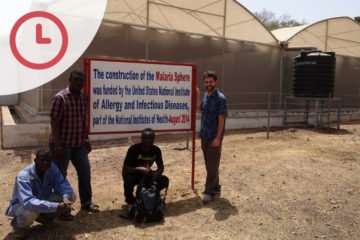Podcast Available on iTunes and Spotify.
Welcome back.
Joining me today is Professor Marcia Castro of Harvard University. She’s helped to launch MalariaX: Defeating Malaria from the Genes to the Globe. It’s an online course that details the science and technology of malaria, as well as the historical, political, social and economic factors to its eradication.
The course is available on the edX platform, is free of charge and lasts around 40 hours.
Marcia, thanks for coming on the programme.
Thank you.
Why is this important for people to learn about the politics and the economics of malaria as well as the biology of it?
Our goal is to offer a much broader perspective of malaria to a very large audience. This goal is not just to talk about its physiology or its biology as preventing malaria is a very integrated system that goes from the gene, but also includes some behaviour aspects that could create a barrier for people to uptake interventions. For example, if you have a very effective bed net but people don’t hang it, or let’s say if you have a very effective vaccine, but nobody wants to take it. The focus of the course is to explain these issues: what are the possible ways we can control malaria? What are the challenges we have overcome to be able to implement those controls and look towards immunisation? And what are some of the issues that National Malaria Control Programs should really be thinking about in order to have a much more integrated strategy to control malaria? The course addresses all of those other issues that are usually not so much on the radar.
And why did you feel the need to make this course publicly available?
We are at a time where we have a major move in trying to get countries together to achieve immunisation, for some countries that’s not feasible yet but they are trying to move forward to more insecticide control. That said, a lot of countries still need to yield capacity and it is expensive if you want to send people outside the country or if you want to pay for special courses. What we tried to do is get all that knowledge and expertise that we provide to leaders when they stay in a very intense one-week leadership course, accessible, free of charge and available to everybody that really wants to get some more statistics and high-quality knowledge on malaria. Our goal is to make this knowledge much more democratic and accessible to people that either don’t have the resources to be able to go somewhere or to pay for a course.
And before your course came out onto the market onto edX, was there an ability to learn about malaria beyond its biology?
Well, there is a lot of material out there, there are a lot of resources. We tried to put a variety of concepts that do impact malaria in one single platform. It would be very easy to find knowledge on the biology of malaria or the entomology of malaria, but it would be much harder to try to find something organised on, for example, the political aspects related to malaria control or related to behaviour or to how important surveillance in health systems are. Our goal to provide one single platform where all this knowledge is together with exercises on an entire platform that includes learning of the topics that we’re covering.
Professor Marcia Castro, thank you.
You’re very welcome.
You can learn more about the MalariaX course on edX.org or on Harvard’s website.


